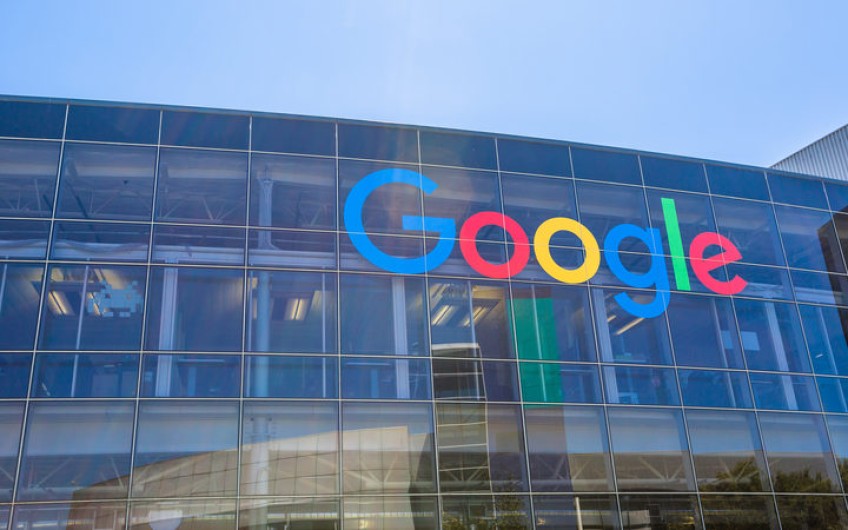National worried a NZ tax on Facebook, Uber, Google could lead to retaliation

Fears are being raised that a proposed tax on online services could see providers pull services or parent countries retaliate with similar measures targeting New Zealand companies.
The government is preparing to introduce a new tax on multinational companies making money out of online services New Zealand.
It has companies like Facebook, Uber, YouTube and Google in its sights, with the belief they are not paying their fair share of tax.
The OECD is trying to find an internationally agreed solution for including the digital economy within tax frameworks, but while that work is ongoing, other jurisdictions like Australia, Britain and the European Union are working on putting in place an interim measure.
Prime Minister Jacinda Ardern said New Zealand was now going to do the same.
"Currently some digital companies can do significant business in New Zealand and other countries without being subject to paying tax on the income they earn. That is not sustainable and it is not fair.
"This is a gap in New Zealand's tax system which this government believes should be closed."
The government estimates the value of cross-border digital services in New Zealand is $2.7 billion.
The tax is likely to be about two or three percent and is estimated to raise between $30m and $80m a year.
A discussion document will be prepared by IRD to be made public in May.
But National's finance spokesperson Amy Adams said the government should wait for the OECD, rather than steam ahead with its own tax.
"For New Zealand to go it on its own I think really runs the risk of New Zealanders effectively losing access to a range of global services.
"These are big companies offering services around the world; they don't need the New Zealand market."
PWC tax partner Geof Nightingale said a lot of jurisdictions around the world were considering a digital services tax and a few had already implemented one.
"The issue, though, is the risks of implementing it. Whether it provokes retaliatory trade action from other people or whether once you break down the normal practices of international tax whether we could expose some of our exports to a similar kind of tax."
Geof Nightingale said the interim report of the Tax Working Group did recommend looking at an interim route but to be very cautious about implementing anything as the first preference was a multilateral approach via the OECD.
But he conceded it may be hard to get China and the US to agree to a multilateral approach.
In a statement to RNZ, Facebook said the company complied with applicable tax laws in every country it operated in.
It said it was moving to a local selling model to provide more transparency to governments and policy makers around the world who had called for greater visibility into its revenue.
Uber and Google did not respond to requests for comment.





















